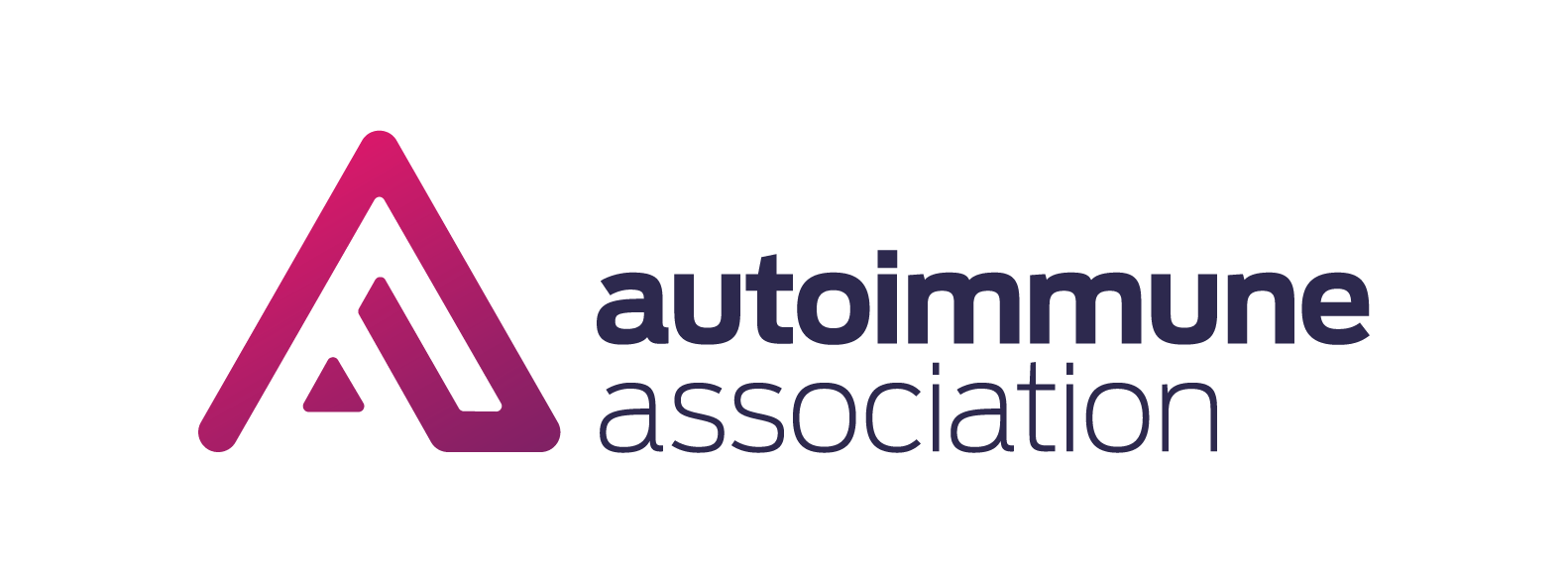Newswise — East Detroit, MI July 28, 2011: Hollywood bombshell Kim Kardashian recently shared her diagnosis of the autoimmune disease psoriasis on her E! reality TV series, “Keeping Up With The Kardashians.” While the media has latched on to Kim’s diagnosis, there’s a footnote in this news that might hold the bigger story. Kim’s mother, Kris, shares her diagnosis of psoriasis. In fact, there seems to be a wave of celebrities just within the past year who have announced their own autoimmune connections. Toni Braxton announced on her reality TV series, “The Braxtons,” on WETV, that she suffers from a life-threatening autoimmune disease, lupus. Her story, too, held a family tie, as Toni’s brother also has lupus and her uncle passed away from complications of lupus. Lady Gaga, in announcing her testing borderline positive for lupus, added that she has a family history of lupus.
So what’s the big deal? Autoimmune disease is a leading cause of chronic illness in the U.S. and, in fact, is a top 10 killer of women under the age of 65. Fifty million Americans in the U.S. have an autoimmune disease. That’s right up there with cancer and heart disease, and many of these diseases are on the rise. The Kardashian, Braxton, and Gaga stories help to spotlight the best identifier of risk for autoimmune diseases--family history.
“It’s imperative that people understand their own risk factors for autoimmune diseases, and these brave celebrities who have shared their own stories will aid in bringing greater awareness to this poorly understood category of disease,” says Virginia T. Ladd, President and Executive Director of the American Autoimmune Related Diseases Association (AARDA).”
AARDA has developed a plan for people to get the facts on their own family history with autoimmune diseases. It’s called AQ. AQ is a play on IQ and stands for Autoimmune Quotient. It’s about knowing how likely you or a loved one is to develop an autoimmune disease, based on the prevalence of these diseases and your family medical history.
In eight steps, you, too, can increase your awareness of autoimmune diseases and begin to calculate your own Autoimmune Quotient.
1. Understand that autoimmune disease constitutes a major U.S. health crisis affecting 50 million Americans. 2. Get educated about the 100+ diseases that are autoimmune, including rheumatoid arthritis (RA), juvenile diabetes, lupus, Crohn’s disease, and Sjögrens syndrome. 3. Be aware that autoimmune diseases target women an astounding 75 percent more often than men. 4. Know that autoimmune diseases run in families. 5. Do your own family medical history and inform your physician if you find that you have a history of autoimmune disease. 6. Keep a “symptoms” list if you believe you may have developed an autoimmune disease. 7. Realize that getting an autoimmune disease diagnosis is often challenging. 8. Hold the power to protect your family’s future health and well-being in your hands. Be proactive about your health.
For more information on autoimmune diseases, or how to find your AQ, visit the AARDA Website at www.aarda.org, or call 586-776-3900.
About the American Autoimmune Related Diseases Association (AARDA)
The American Autoimmune Related Diseases Association is dedicated to the eradication of autoimmune diseases and the alleviation of suffering and the socioeconomic impact of autoimmunity through fostering and facilitating collaboration in the areas of education, public awareness, research, and patient services in an effective, ethical and efficient manner.
AARDA is the only national nonprofit health agency dedicated to bringing a national focus to autoimmunity, the major cause of serious chronic diseases. Approximately 50 million Americans, 20 percent of the population or one in five people, suffer from autoimmune diseases. Women are more likely than men to be affected; some estimates say that 75 percent of those affected--some 37.5 million people--are women. Still, with these statistics, autoimmunity is rarely discussed as a women's health issue.
For more information on autoimmunity and/or AARDA, contact AARDA by phone at (586) 776-3900 or on the web at www.aarda.org.

